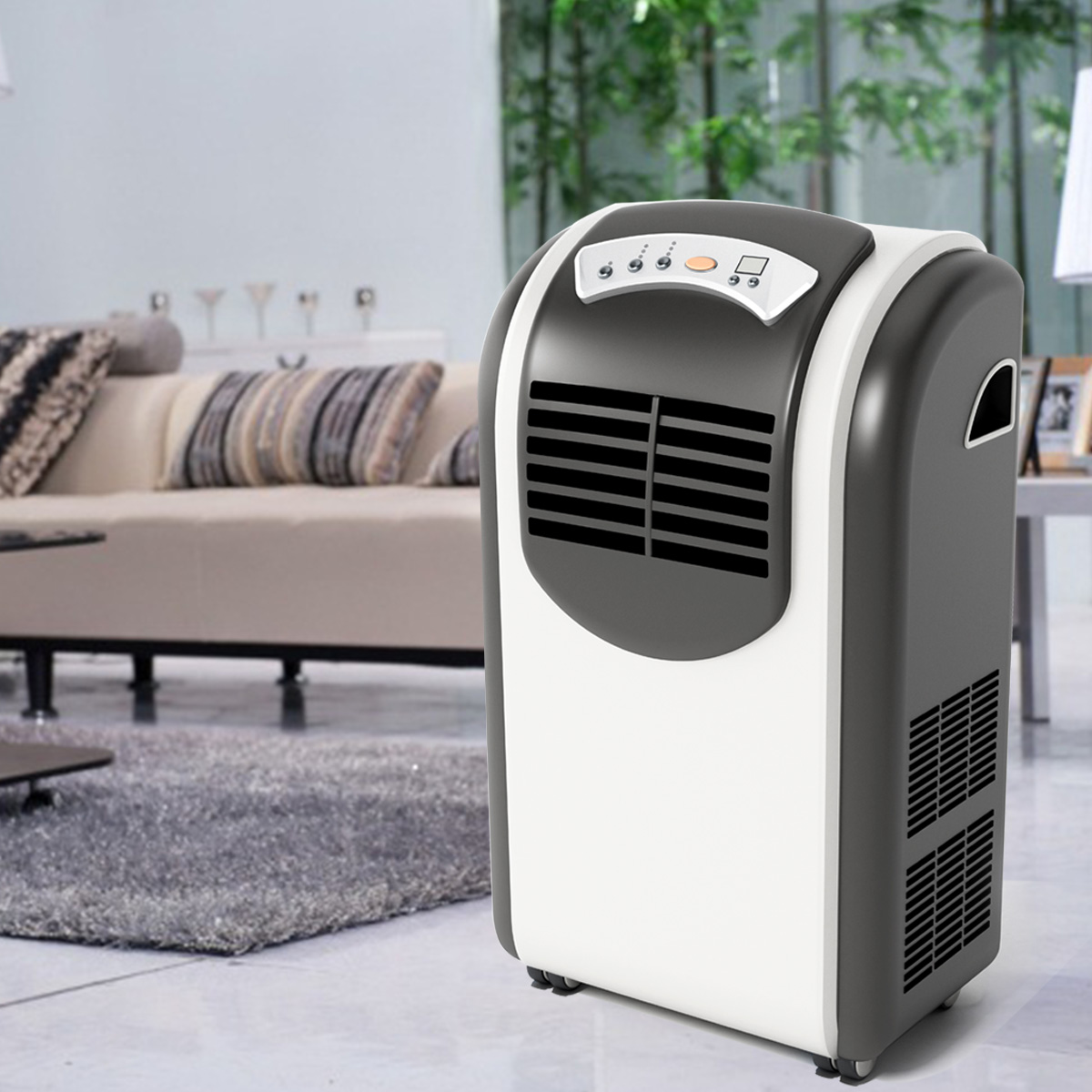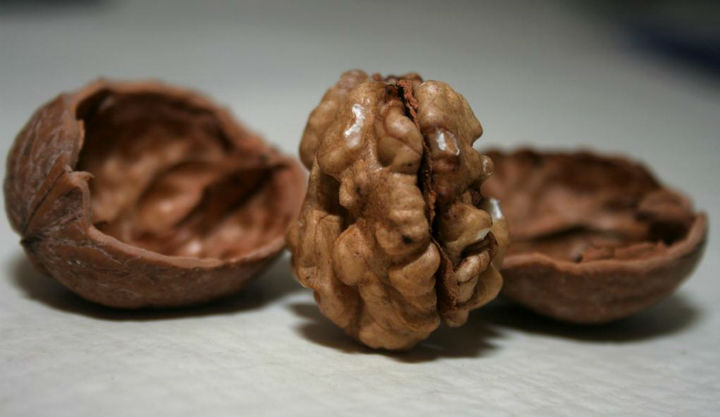Benign Prostatic Hyperplasia is basically an enlarged prostate gland. The growth of the prostate occurs in two phases as a man matures; in the first phase, the prostate doubles in size as a boy reaches puberty, and then later around the age of 25 growth continues. As a man ages, the prostate may increase in size- however, this growth is benign, meaning it is not related to cancer.
In some cases, though, cancer may appear next to BPH, but not because of it. As the prostate increases in size, it squeezes down on the urethra, making the bladder wall thicker, to the point where the bladder struggles to empty urine. It is this inability to empty the bladder completely that causes many of the problems associated with BPH. BPH is very common in aging men: it appears in about 90% of men aged over 80, and half of all men between the ages of 51-60.
Some of the urinary problems caused by BPH include:
- Trouble getting a consistent urine stream (dribbling)
- Feeling like you need to urinate- this may wake you up at night
- A sense that the bladder is not really empty, even after urinating
- A generally weak urine stream
What is the Prostate?
The prostate is located just below the bladder and is the size of a walnut, and weighs about an ounce. The prostate goes all the way around the urethra tube, the same tube that carries urine from the bladder and out through the penis. The role of the prostate is to produce the fluid part of semen. During the process of ejaculation, sperm comes out of the testicles and moves into the urethra, at which point fluid is released from the prostate and seminal vesicles, to mix with semen in the urethra, and it all goes out through the penis.
Diagnosis
Your doctor can diagnose BPH by asking specific questions about existing symptoms and past health, and also by doing a physical exam. Urine tests (urinalysis) may be required, as well as a rectal exam, which makes it possible for the doctor to feel the actual size of the prostate. In cases where BPH causes symptoms that are similar to prostate cancer, a PSA (Prostate-Specific Antigen) test is conducted to rule out the possibility of prostate cancer.
Coping With BPH
As a rule, treatment is not really necessary unless the symptoms start to become a bother, or you have other conditions such as bladder infection, bladder stones, or backed-up urine. Home treatment cannot stop the prostate from growing, but it may help reduce some of the discomfort and bring your symptoms to a manageable level. Here are some tips:
- Keep alcohol consumption at a minimum, and if possible, avoid caffeine. These two cause your body to eliminate water, making you urinate frequently.
- Practice “Double voiding”. When you can, urinate as much as possible, relax for a few moments, and then urinate again.
- Keep away from medications that make urination difficult. These include OTC decongestants, antihistamines, allergy pills, etc., consult your doctor about the effect of any medication you may be taking.
If home treatment does not reduce the symptoms, your doctor may suggest other medication to treat benign prostatic hyperplasia. The medicine can make the symptoms manageable but it does not cure the condition. If you stop using the medication, symptoms will return.
Sourced from: Urology Care Foundation
Posted on March 24, 2023


